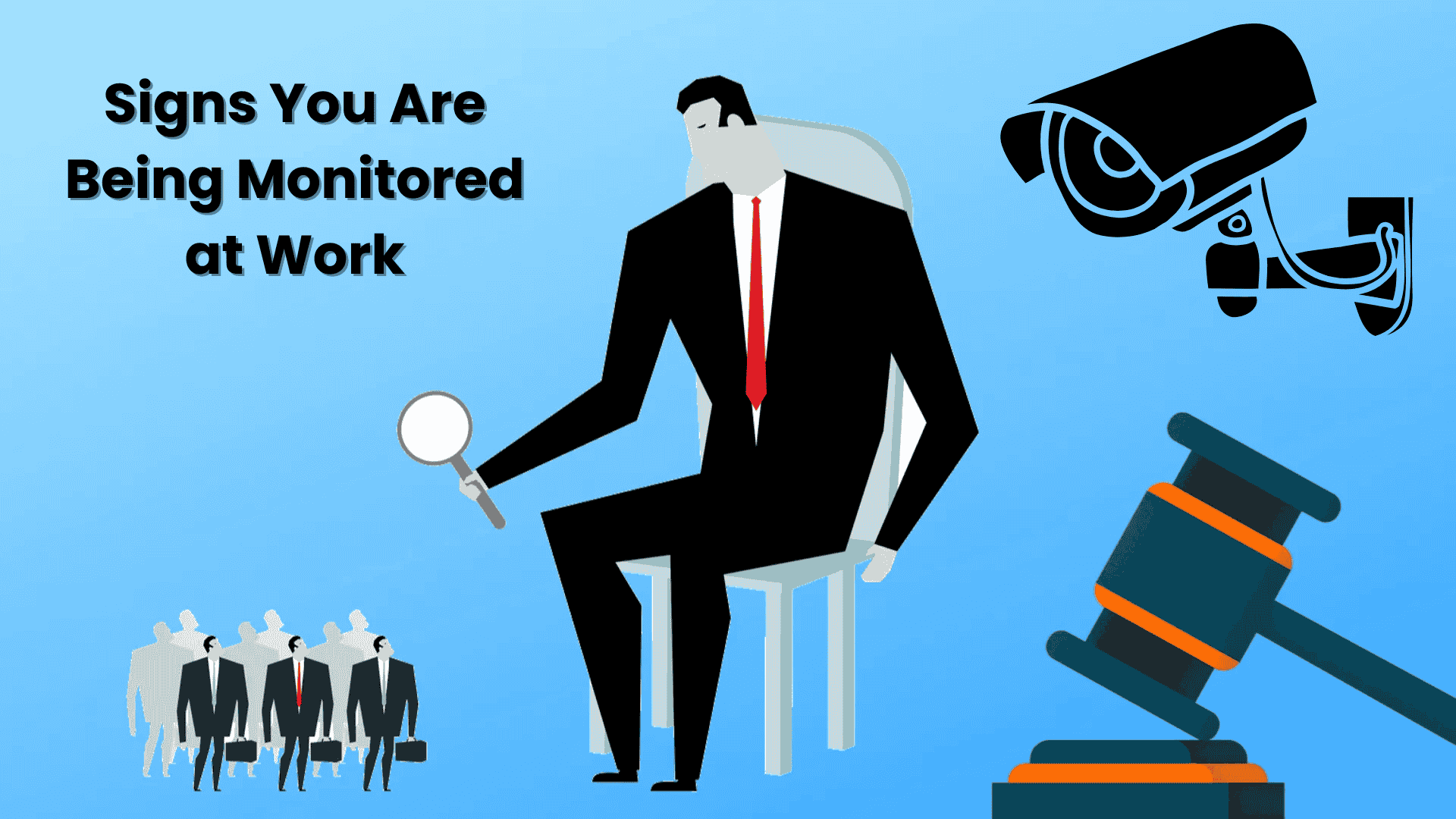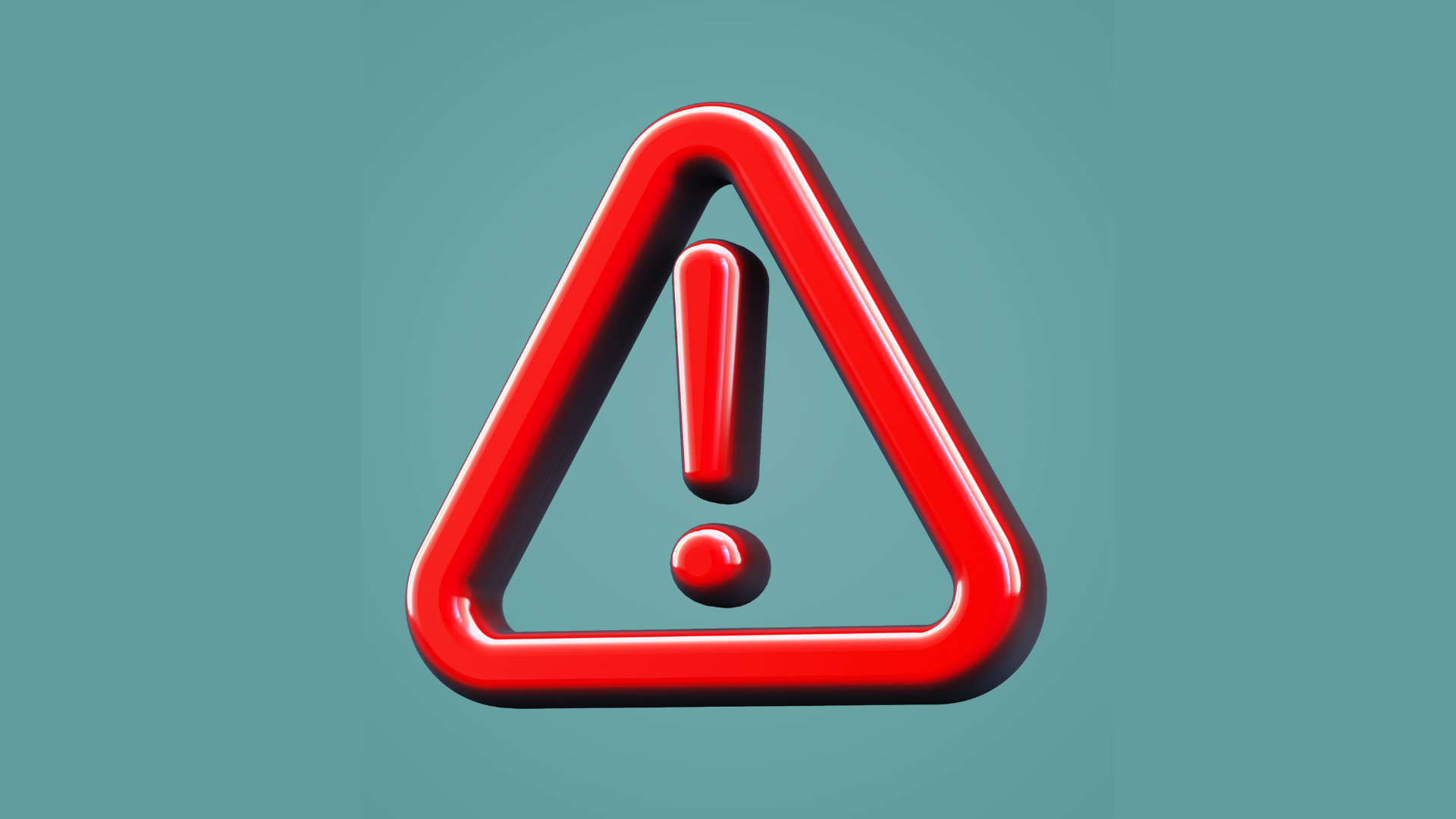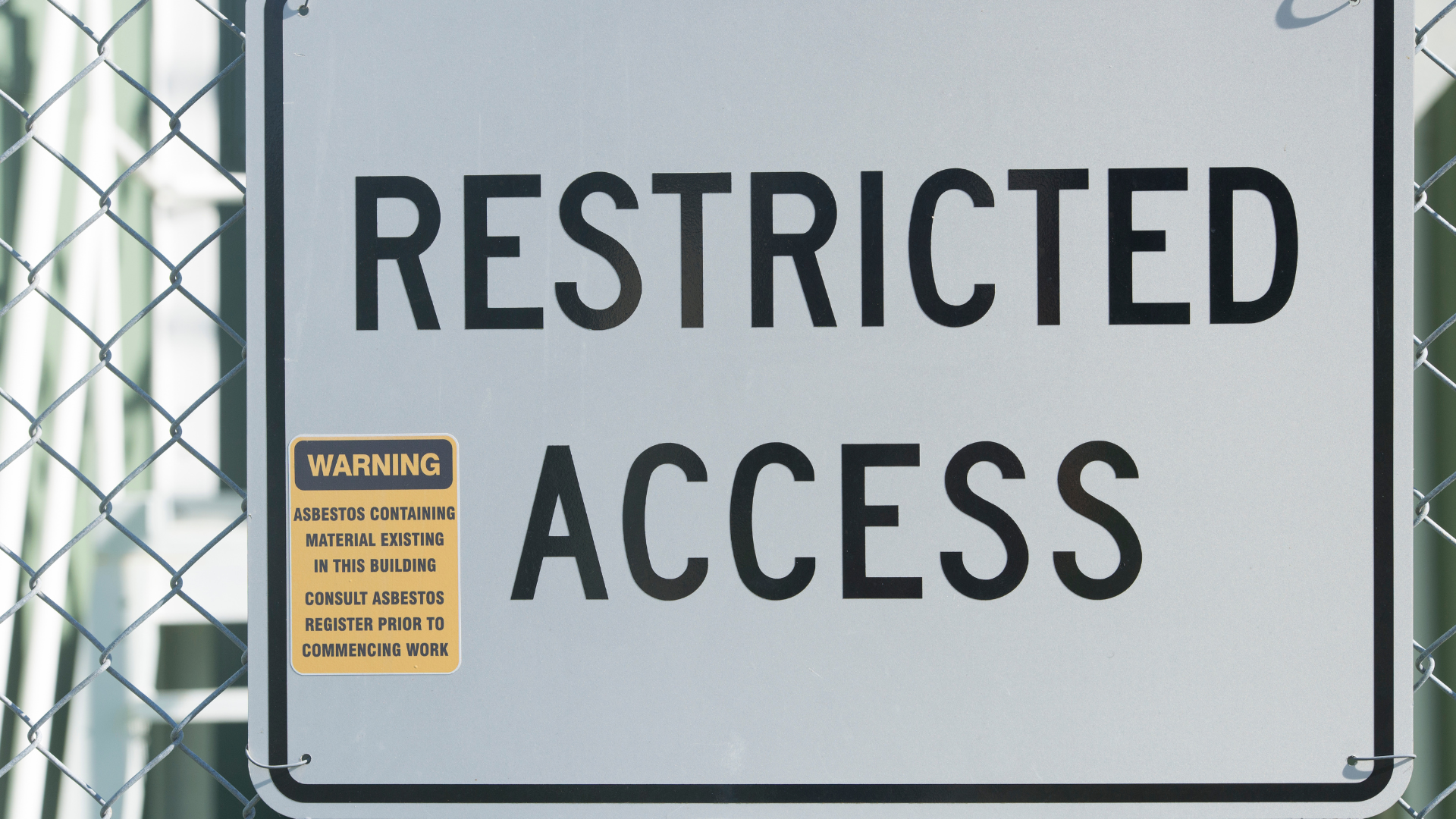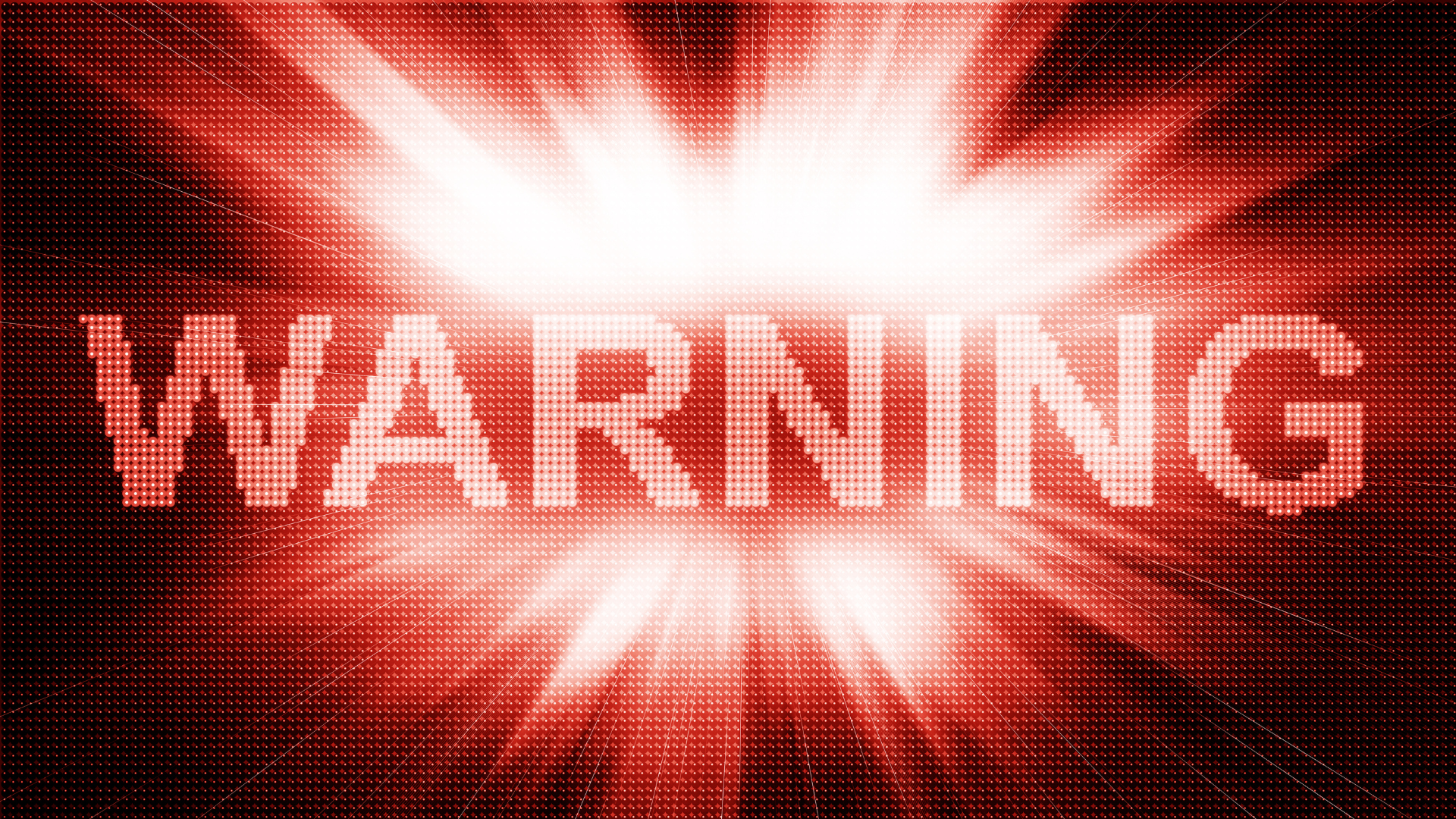What Are the Clear Signs You Are Being Monitored at Work?

In today’s digital workplace, employee monitoring has become more common than ever. Whether you work from the office or remotely, many organizations use tracking tools to boost productivity, ensure data security, and evaluate performance. However, not all employees are aware of the extent to which their activities are being observed.
Understanding the clear signs you are being monitored at work can help you maintain transparency, protect your privacy, and use company systems responsibly. This article explains what to look for, why companies monitor, and how to handle it professionally.
Why Employers Monitor Employees
Employee monitoring is not necessarily about distrust; it’s often about compliance, security, and efficiency. Companies invest in monitoring software to:
-
Ensure that employees are working during paid hours.
-
Protect confidential company information.
-
Measure productivity and project progress.
-
Detect unauthorized data access or risky online behavior.
With hybrid and remote work on the rise, monitoring tools such as EmpMonitor, Teramind, Hubstaff, or ActivTrak are increasingly used to maintain accountability and protect sensitive data.
Top Signs You Are Being Monitored at Work
Here are the most common indicators that your employer may be tracking your activities.
1. You Notice New Software Installed on Your Computer
If you notice unfamiliar applications, background processes, or system tray icons you didn’t install, your computer may have monitoring software like EmpMonitor. Such tools can track keystrokes, capture screenshots, log websites visited, and record application usage time to help employers monitor productivity and ensure workplace transparency.
You can check your Task Manager (Windows) or Activity Monitor (Mac) to see if any programs look suspicious or are running constantly in the background.
2. Your Webcam or Microphone Turns On Unexpectedly
Some advanced monitoring systems can activate webcams or microphones for security or compliance checks. If your webcam light turns on unexpectedly, especially when you’re not on a video call, it’s a strong signal that you might be under surveillance.
To protect yourself, keep a webcam cover or disable camera permissions when not in use.
3. Restricted Access to Certain Websites or Applications
If your organization blocks social media platforms, streaming sites, or file-sharing services, that’s a sign of network monitoring. IT teams often use firewalls or internet filters to track which websites employees visit and how long they spend there.
These restrictions aren’t necessarily invasive, but they indicate that online activity is being logged and reviewed.
4. Slow or Lagging System Performance
Performance-monitoring software that runs continuously can cause your computer to slow down. If your system suddenly feels sluggish or applications take longer to open, background monitoring tools could be consuming resources.
This isn’t proof by itself, but it’s worth checking your running processes for unfamiliar activity.
5. Regular Mentions of “Productivity Reports” or “Activity Logs”
If your manager frequently references detailed reports about your working hours, app usage, or time spent on projects, those insights likely come from monitoring tools.
Some companies are transparent about this, while others might not openly discuss it. Either way, the presence of such reports means your activity is being tracked in some capacity.
6. You Receive Alerts or Warnings About Non-Work Activities
If you’ve received notifications or reminders about staying focused or limiting personal browsing during work hours, your employer may be following distributed workforce best practices. Many modern time-tracking systems use automated alerts to flag unproductive behavior or excessive idle time, ensuring consistent performance across remote and hybrid teams.
7. You Were Informed About Monitoring in the Company Policy
Many businesses clearly state their monitoring policies in onboarding documents, employee handbooks, or IT agreements. Always review these documents carefully; they often specify which systems are monitored, what data is collected, and how it’s used.
Transparency is key: if your company openly communicates about monitoring, it’s typically being done ethically and legally.
How to Handle Being Monitored Professionally
If you suspect or confirm that you’re being monitored, here’s what to do:
-
Stay calm and professional. Monitoring is often standard policy.
-
Follow company guidelines. Avoid personal tasks or sensitive communication on work devices.
-
Ask for clarification. If unsure, politely ask HR or your manager what’s being tracked and why.
-
Separate work and personal systems. Use personal devices for private tasks and secure accounts with strong passwords.
Remember, awareness is power. Understanding monitoring practices helps you protect your privacy without violating workplace rules.
You can also watch: How to Monitor Employee Screens in Real-Time with EmpMonitor
Conclusion
Monitoring at work has become a reality of the modern workplace. While it may feel intrusive, in most cases it’s implemented for legitimate business reasons like security, compliance, and productivity.
By recognizing the signs you are being monitored at work, you can make informed decisions, stay compliant with company policies, and maintain a healthy digital boundary between professional and personal activities.
Transparency and communication are the keys; knowing you’re monitored isn’t necessarily a bad thing, but staying aware helps you adapt smartly.
FAQs on Signs You Are Being Monitored at Work
1. Is it legal for employers to monitor employees at work?
Yes. In most countries, employers can monitor employee activity on company-owned devices and networks, provided they disclose it or have a legitimate business reason.
2. Can my boss see what I’m doing on my computer?
If you’re using a company computer or network, yes, monitoring software can track keystrokes, websites, applications, and even screenshots.
3. How do I know if my webcam is being monitored?
If your webcam indicator light turns on unexpectedly, it could be accessed by monitoring software. Check your camera settings and disable unnecessary permissions.
- Art
- Causes
- Crafts
- Dance
- Drinks
- Film
- Fitness
- Food
- Παιχνίδια
- Gardening
- Health
- Κεντρική Σελίδα
- Literature
- Music
- Networking
- άλλο
- Party
- Religion
- Shopping
- Sports
- Theater
- Wellness






